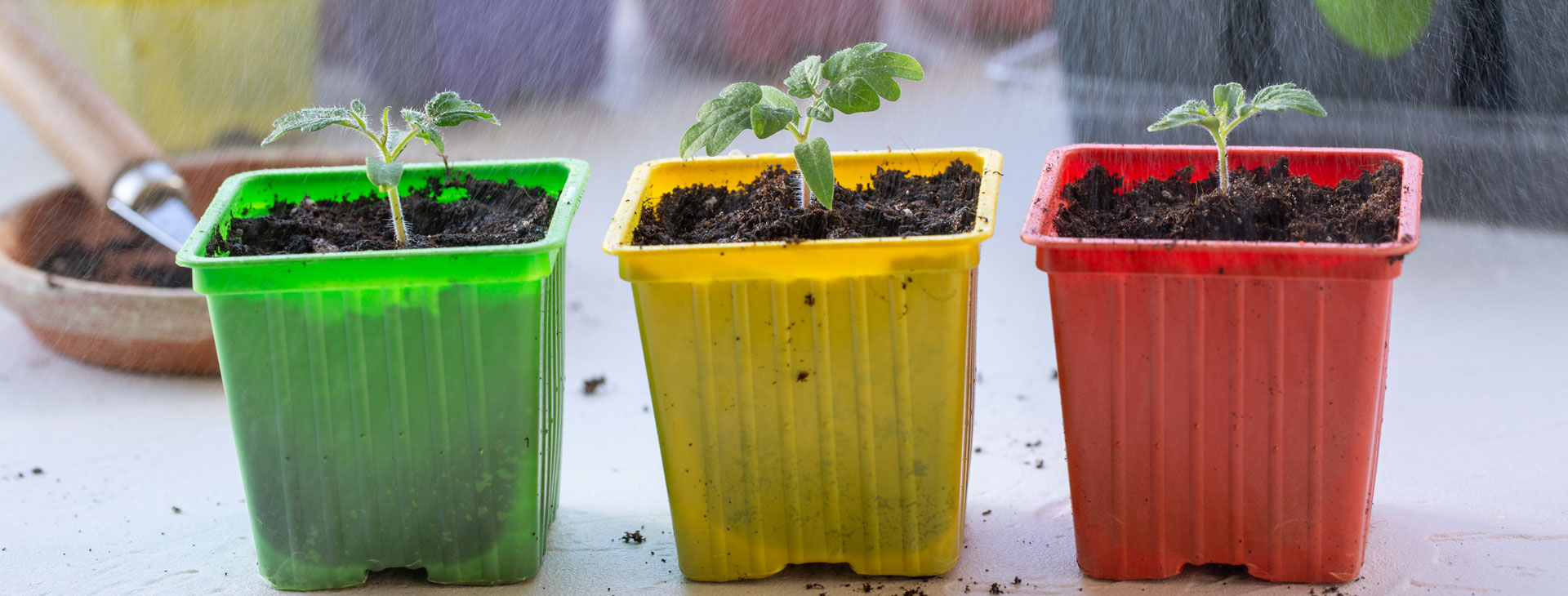
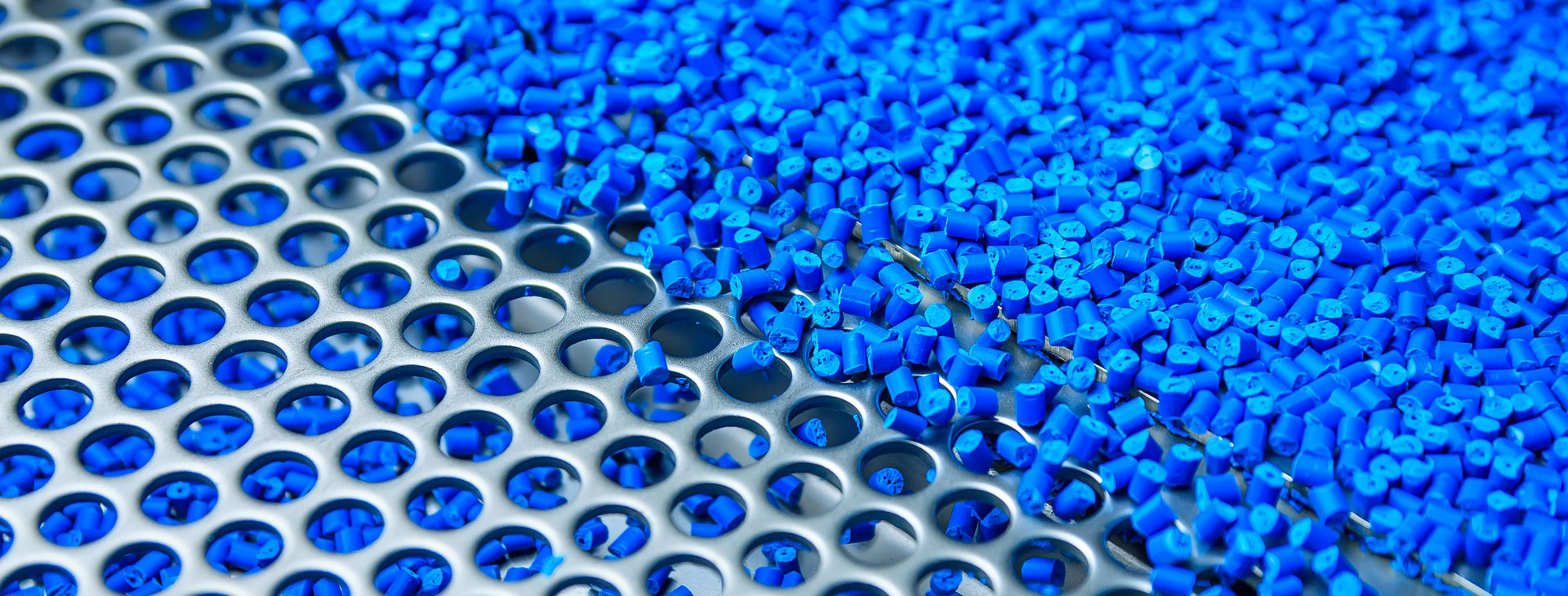
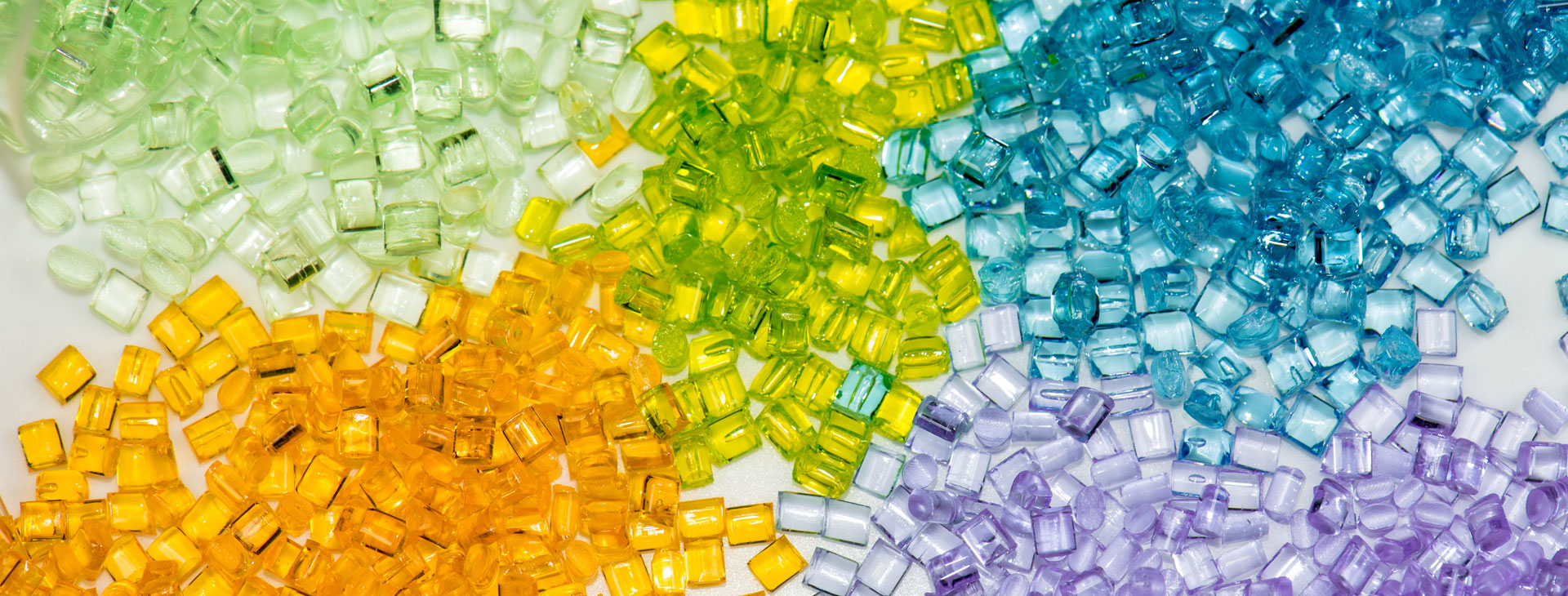
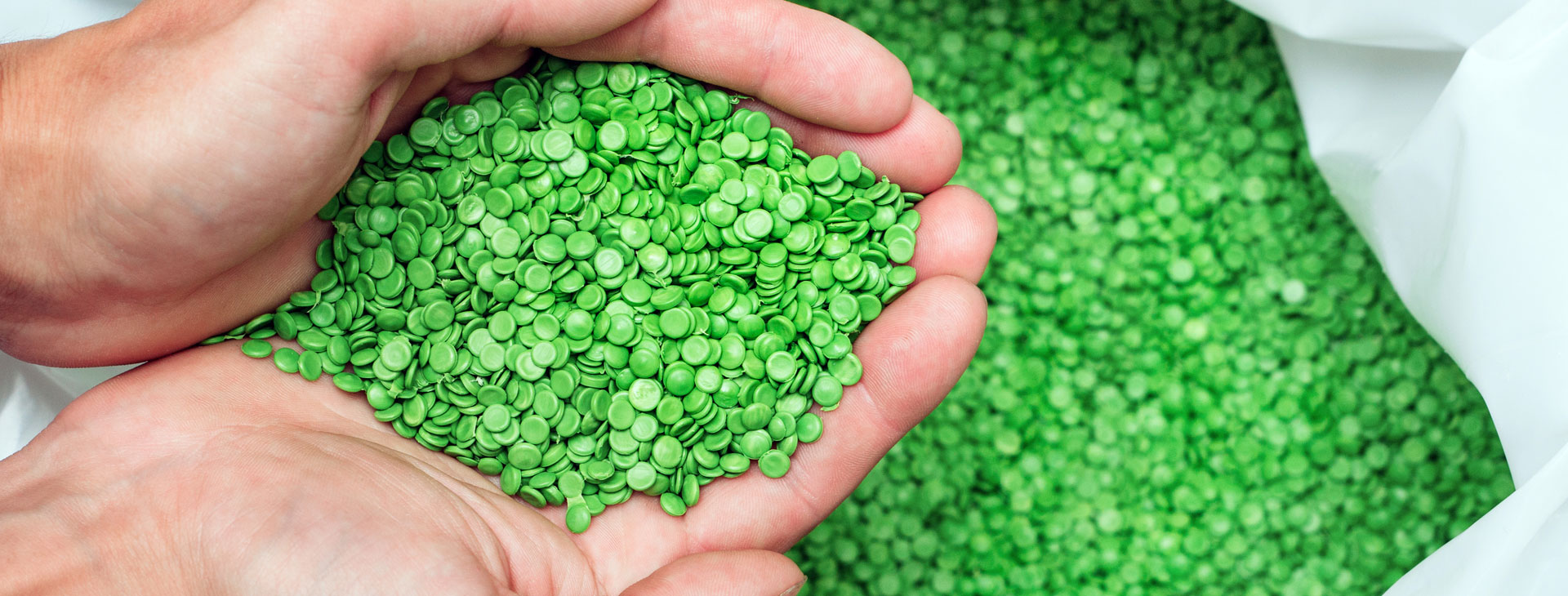

Phone: (914) 381-2400E-Mail: customerservice@marvalindustries.com
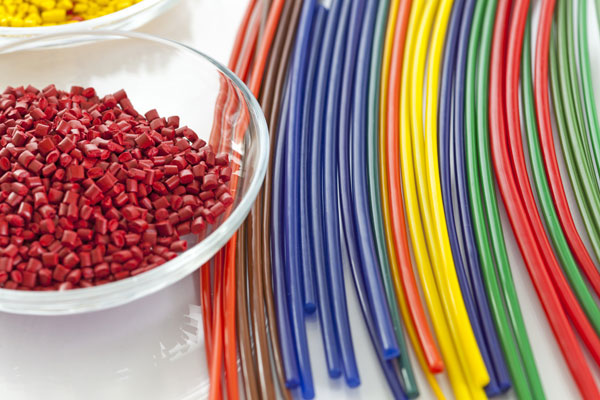
Ensuring optimal light stabilization in specialty compounding plastics is a complex process with several factors to consider. For the best, most informed information, you should reach out for the best specialty compounding NY offers. To help start the process of making an informed decision, here are the top three factors:
The choice of light stabilizer significantly depends on the type of polymer used in the specialty color compounding process. Each polymer has unique characteristics and reacts differently to UV radiation. Therefore, understanding the polymer's properties clearly can help you select the right light stabilizer.
For example, polymers like polyolefins, styrenics, PVC, and engineering plastics often utilize Hindered Amine Light Stabilizers (HALS) due to their exceptional performance in protecting these polymers against UV-induced degradation.
Other polymers, like nylon, with inherent sensitivity to UV light, may require a combination of HALS and UV absorbers for effective light stabilization.
The level of UV exposure the plastic product will encounter is a critical consideration. Products continually exposed to intense sunlight or artificial UV sources need robust light stabilizers capable of withstanding the detrimental effects of UV radiation over an extended period.
The final application of the product also influences the choice of light stabilizer. If the product requires clarity and transparency, UV absorbers and quenchers are generally the preferred options, as they absorb harmful UV radiation and transform it into harmless heat, thereby preserving the product's appearance and integrity.
These considerations contribute significantly to the decision-making process, ensuring that the selected light stabilizer fits the specific requirements of the plastic product and contributes effectively to its performance and lifespan.
In specialty compounding plastics, well-executed light stabilization is pivotal in prolonging the material's durability. A definitive period is hard to quantify due to the variable factors involved. However, appropriately stabilized products can retain their intended properties over many years under ideal circumstances.
Factors influencing this duration include:
For example, when exposed to moderate UV radiation and favorable environmental conditions, specialty compounded plastic products can maintain their structural integrity for a period extending to a decade or more.
With the help of specialty compounding NY, you will get the best outcome for your product and application; however, it is important to note that despite their effectiveness, light stabilizers only delay UV-induced degradation but do not entirely prevent it. All plastics will undergo some degree of degradation over time due to UV exposure. Optimizing the care for these materials, such as reducing unnecessary UV exposure and ensuring appropriate storage conditions, can augment the effectiveness of light stabilization, thus extending the material's serviceable life.